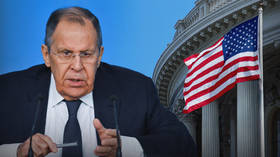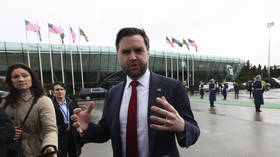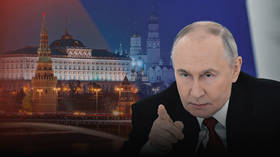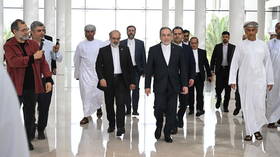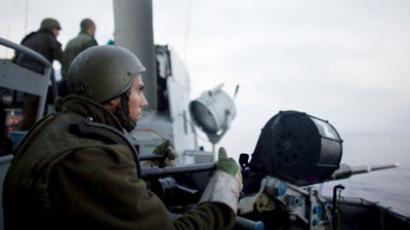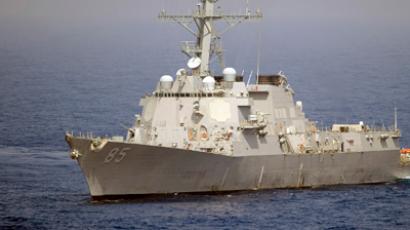US seeks ‘never-ending crisis, not war in Iran’
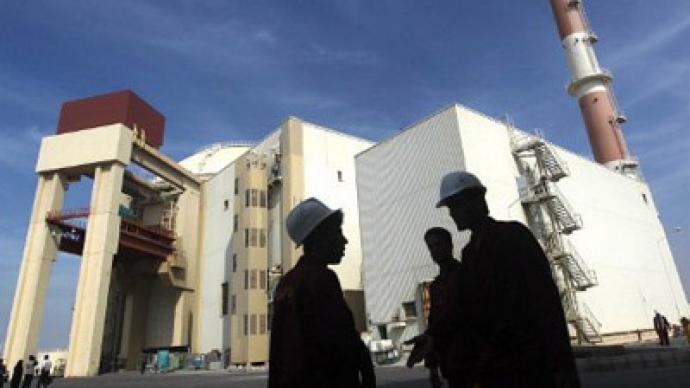
The head of the Russian-led CSTO military bloc says he does not expect a military conflict in Iran, forecasting that the situation will be resolved by diplomatic means.
Nikolay Bordyuzha also told the press that all countries in the Collective Security Treaty Organization are closely monitoring the situation in Iran. “When carrying out certain operations within the CSTO framework, we practiced working with a large influx of refugees, focusing on our own internal readiness, although we also tested the CSTO structure’s actions in case of aggravating conditions. But I must repeat – only a peaceful solution, only diplomatic steps aimed at easing contradictions will allow us to dispel the situation that has arisen around Iran’s nuclear sites,” Bordyuzha said. Pavel Zolotarev, deputy director of the Institute of USA and Canada told RT that he considers an attack on Iran by US and Israeli forces extremely unlikely. The very existence of the main excuse for such an attack – the Iranian nuclear program – has not yet been officially proven, the expert said. Besides, the potential of the six-party talks has not yet been depleted, and Russia and China could still persuade Iran to put its nuclear program under IAEA control. Zolotarev stressed that the Iranian goal is not to develop working nuclear weapons, but to become one of the so-called threshold states, like Japan or South Africa – nations that have the technological potential to build nuclear bombs and the missiles to carry them, but need a final political decision to start the race. Thus, in order to prevent Iran from making its own nuclear weapons, the international community should refrain from giving it reasons and excuses to do so, while a military operation against Iran would be precisely such an excuse. Pavel Zolotarev went on to explain that Iran is building very powerful defense for its nuclear sites, and aerial strikes on them would not guarantee the destruction of the facilities inside. As for a full-scale ground operation against Iran, the expert assessed it as “neither realistic, nor executable in current conditions”, as Israel simply doesn’t have enough military power, and the United States is at the end of the election cycle and in a difficult economic situation. The analyst said that the current US activities around Iran should not be understood as preparations for a military stage of the conflict, but as part of a more universal strategy by the US authorities, aiming to destabilize the political situation around newly emerging global power centers. In the early 90s the United States, as the winner in the Cold War, sought to enlarge its sphere of influence to the max – as far as Georgia and even Ukraine.Now though, global economic growth is making US leaders resort to indirect means in order to contain the rise of new developed nations. And it seems they have chosen manageable crisis as their primary geopolitical tool. Destabilizing the situation in the Middle East, North Africa and Africa in general seriously hinders access to world energy resources, holding back the development of new industrial nations, Pavel Zolotarev said. This, in turn, allows the United States to remain the world leader – which is its official ultimate objective, he noted.


